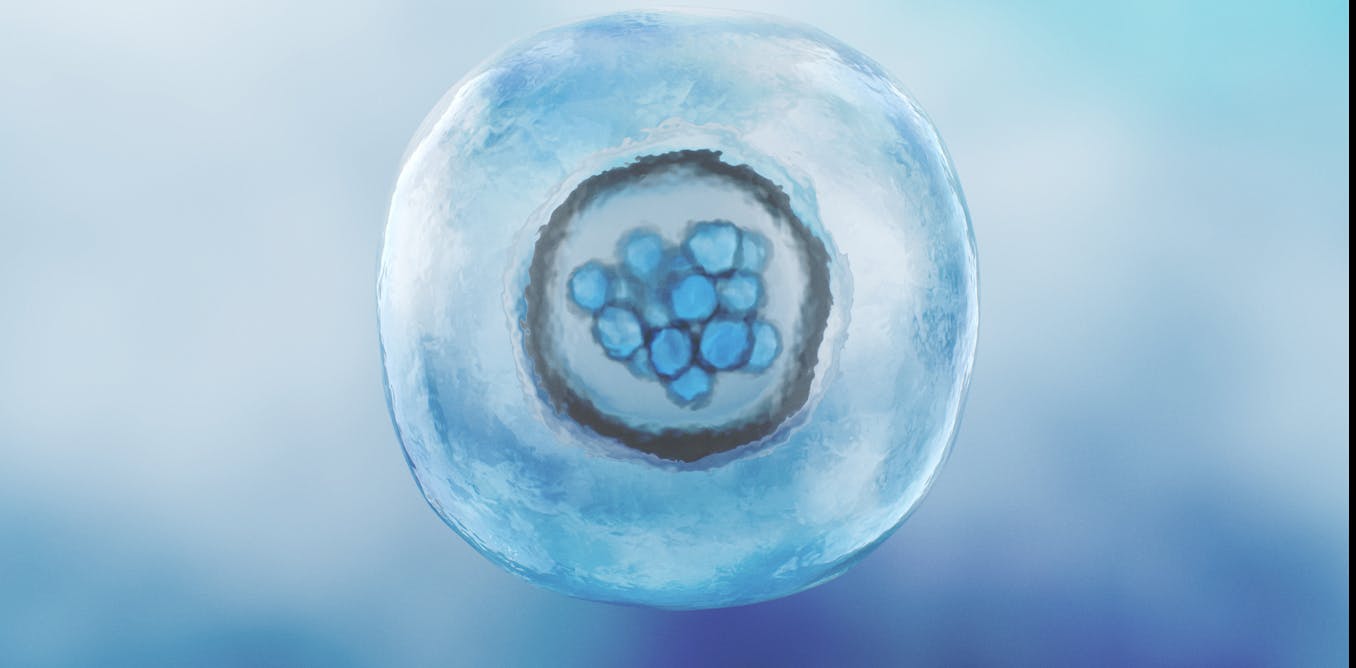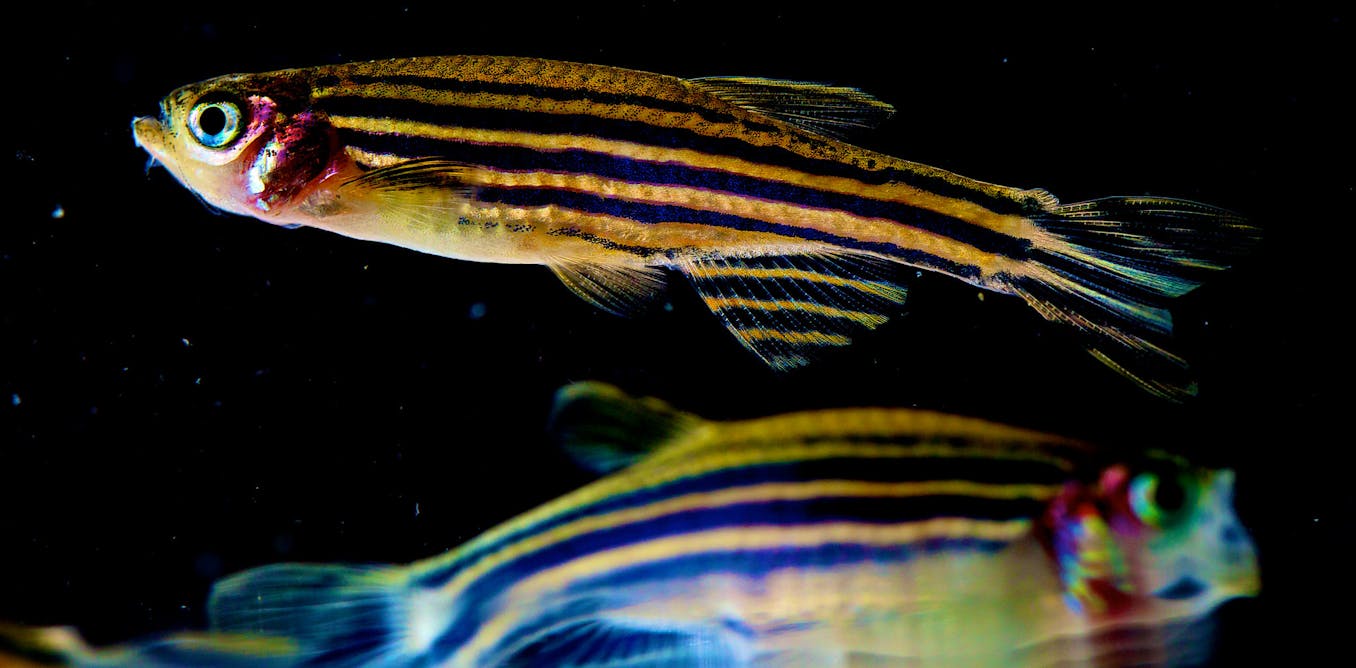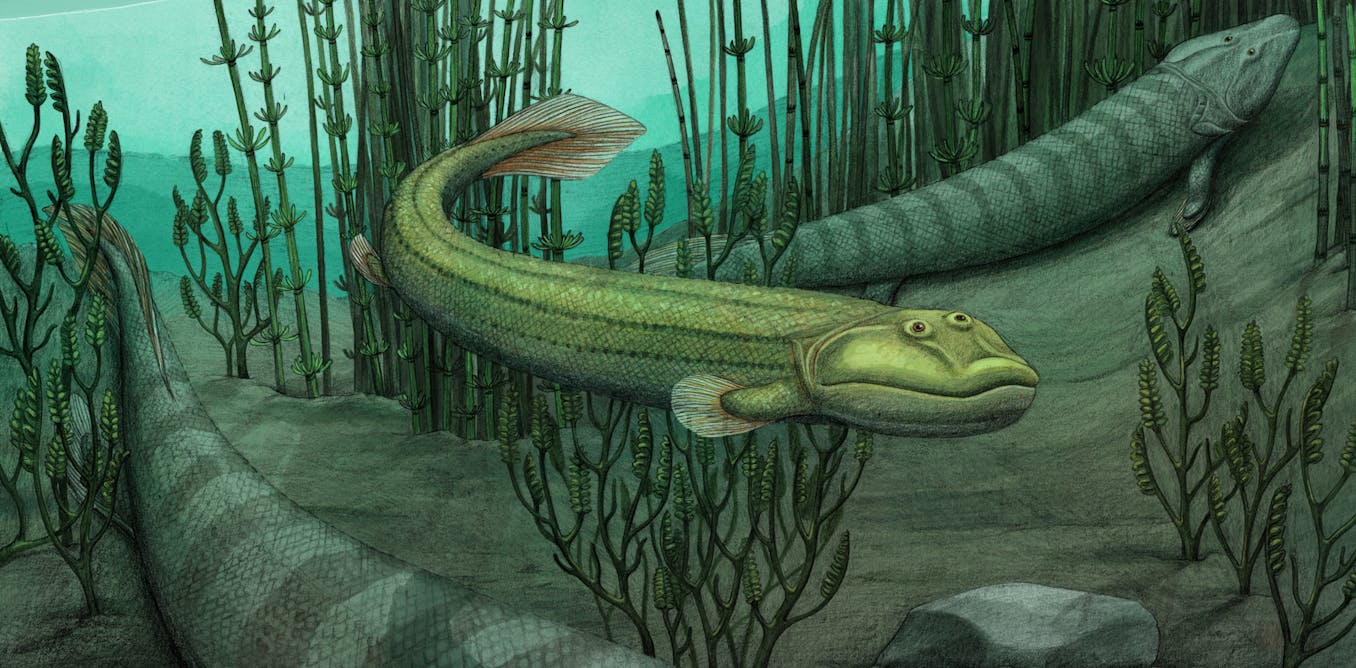Synthetic human embryos let researchers study early development while sidestepping ethical and logistical hurdles
Early human development is a complex, multistep process that’s even more complicated to study in the lab. Models made from stem cells avoid some of the trouble with using real human embryos.
Feb. 7, 2024 • ~10 min





